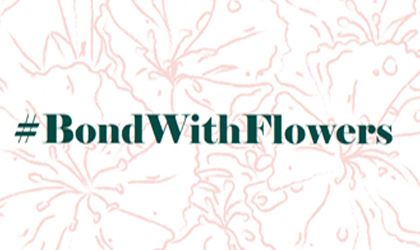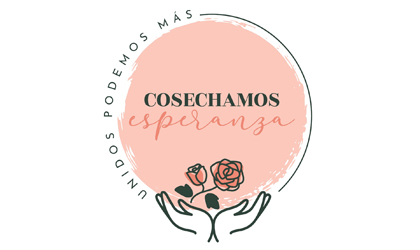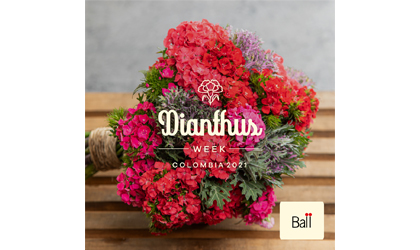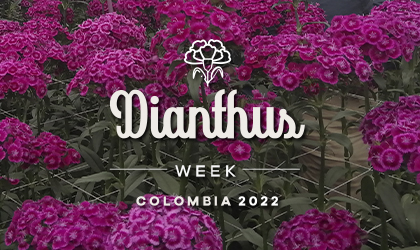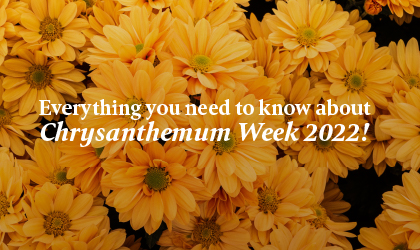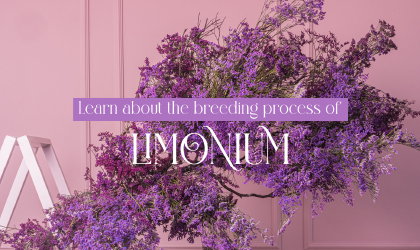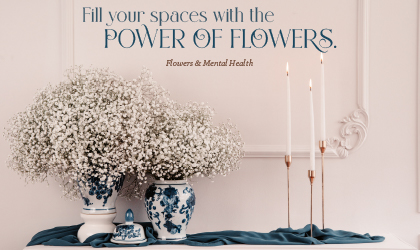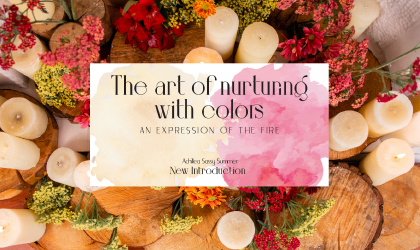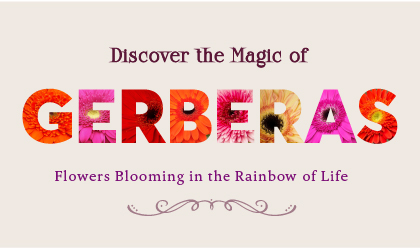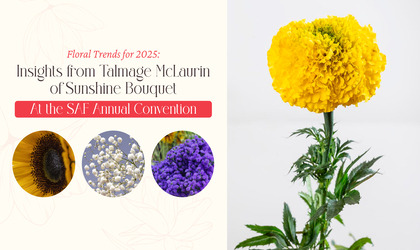Bouquet or Floral Arrangement
A bouquet or floral arrangement usually features at least three different types of flowers, each playing a specific role in creating a balanced and visually appealing composition. Below, we classify flower varieties by their role in the bouquet:
Focal Flowers
Focal flowers are the centerpiece of any bouquet. They draw attention and stand out the most in the arrangement.
Sunflower Joe
- Color: Bright yellow with a dark center.
- Shape: Classic sunflower form with broad, eye-catching petals.
- Use in Bouquets: Perfect for cheerful, vibrant arrangements. Its size and color naturally make it the focal point of any composition.
Dahlia Garnet
- Color: Deep red, resembling garnet.
- Shape: Large, rounded flower with multiple layers of petals.
- Use in Bouquets: Excellent as a focal flower in autumn arrangements, adding richness and depth to the design.
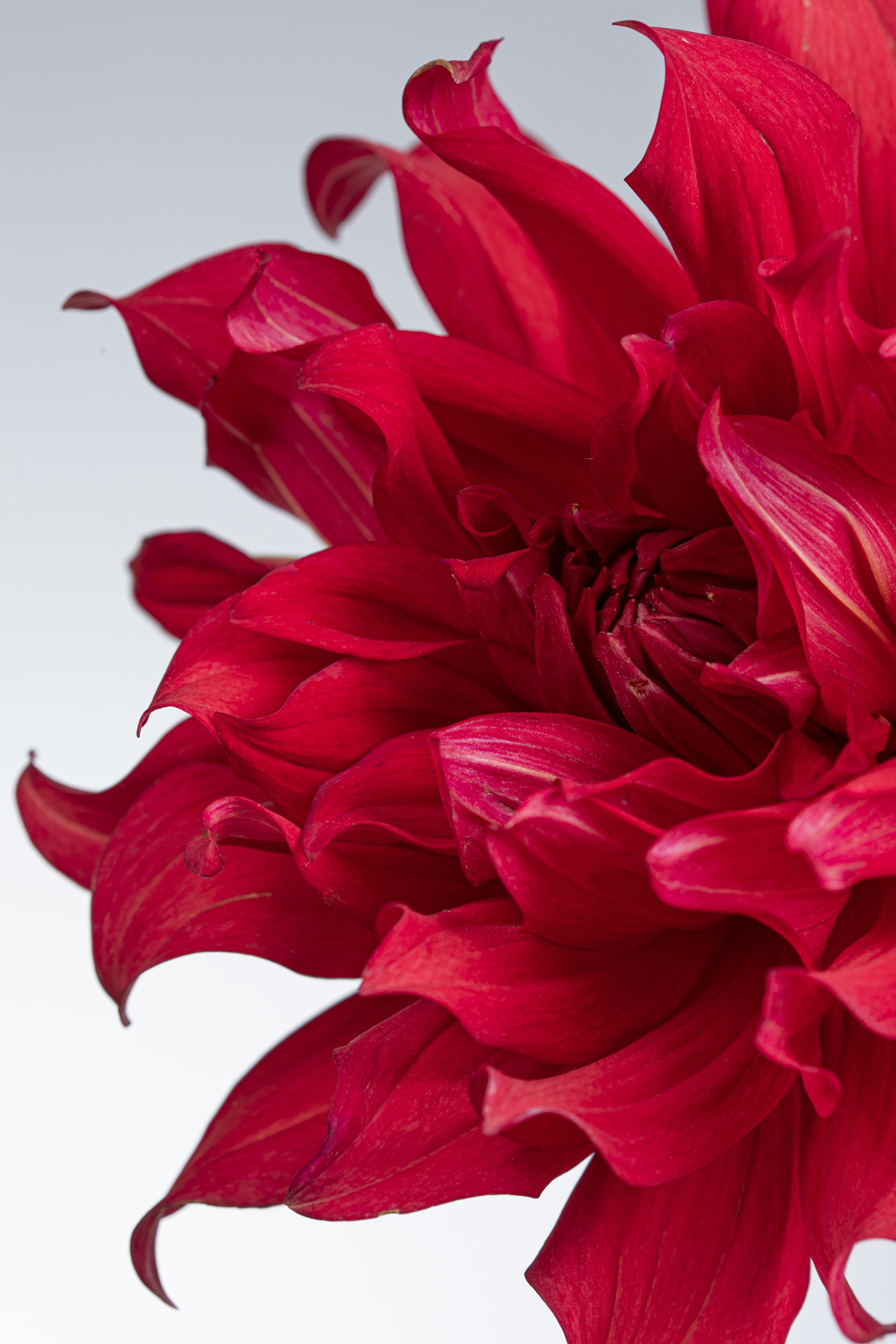
Secondary Flowers
Secondary flowers, while important, play a supportive role to the focal flowers, enhancing the bouquet without overshadowing the main blooms.
Dianthus Sweet Neon Purple
- Color: Vibrant purple.
- Shape: Small, rounded flower with soft, textured petals.
- Use in Bouquets: Perfect for adding a dramatic pop of color. It pairs well with neutral tones to highlight its vibrancy.
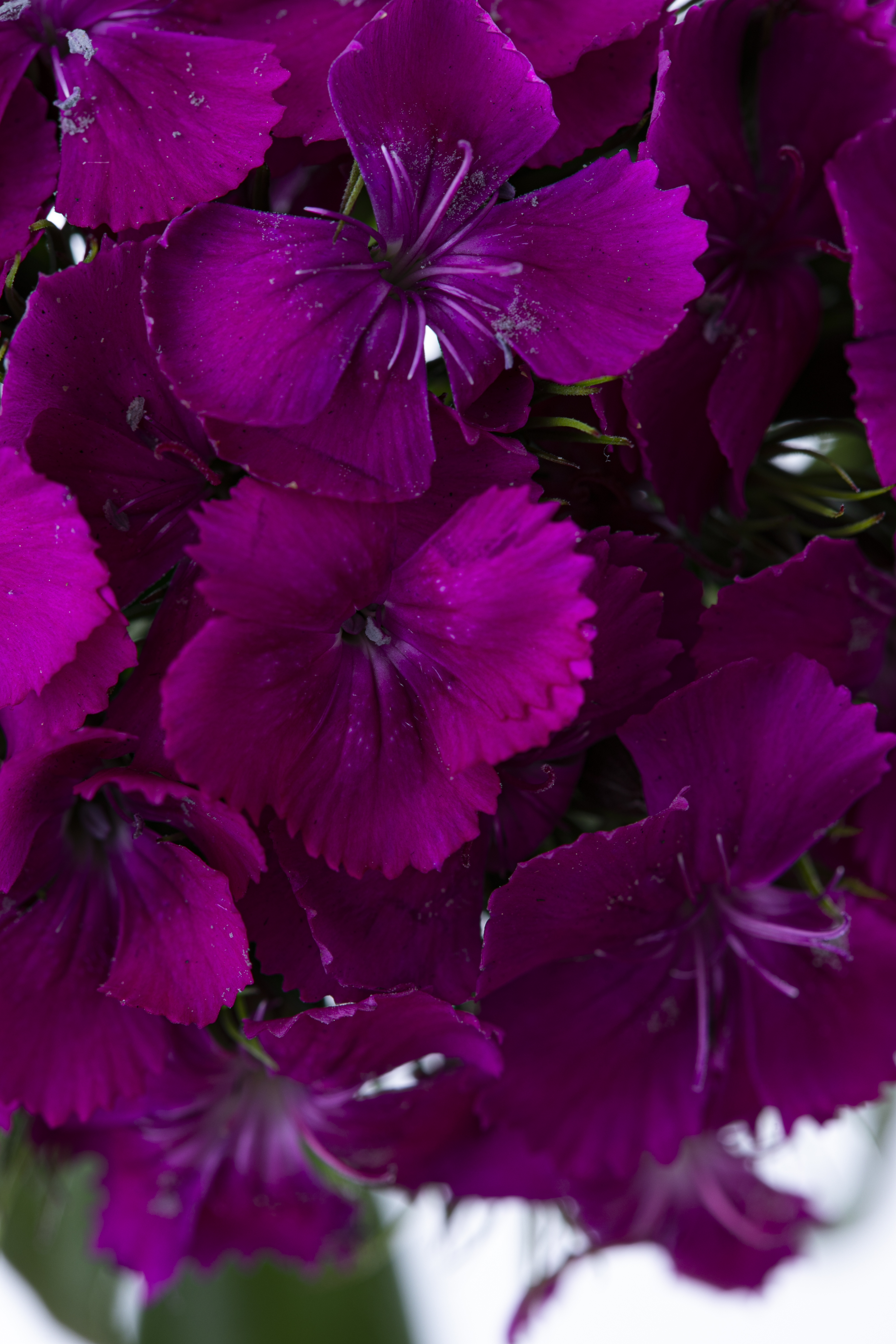
Fillers
Fillers are used to provide volume and fill gaps, ensuring a full, balanced bouquet.
Gypsophila Polar Bear
- Color: White.
- Shape: Small, clustered flowers with a light, airy look.
- Use in Bouquets: Popular for weddings due to its delicate, ethereal quality. Adds a romantic touch.
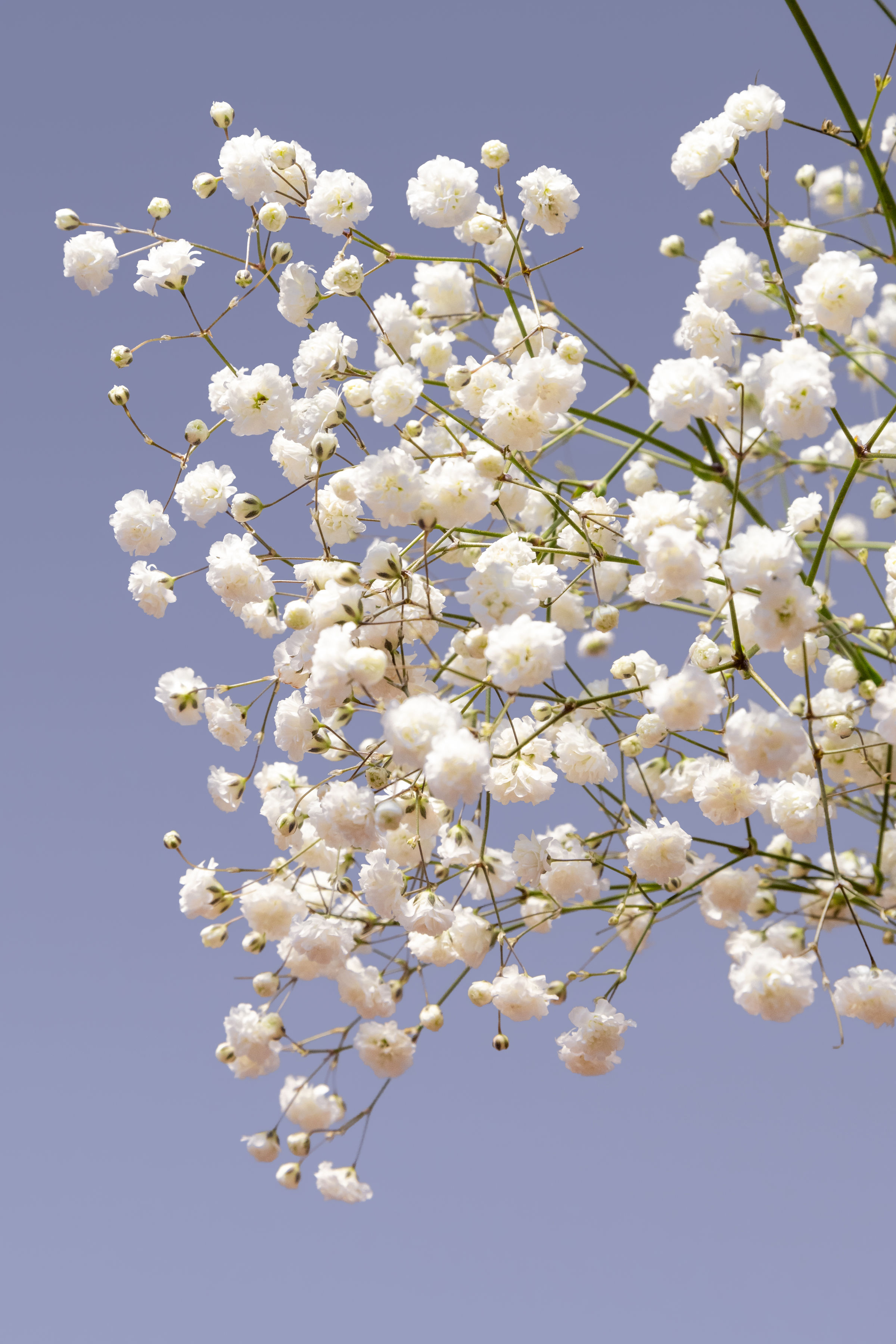
Vertical Flowers
Vertical flowers bring height and structure to bouquets, adding a sense of drama and elegance.
Delphinium Trick Lavender
- Color: Lavender.
- Shape: Long, vertical stems with an elegant appearance.
- Use in Bouquets: Adds height and a sophisticated flair, perfect for formal arrangements.
Greens
Greens serve as the foliage in a bouquet, adding a natural backdrop that enhances the colors of the flowers.
Dusty Miller
- Color: Silver.
- Shape: Velvety, irregularly shaped leaves.
- Use in Bouquets: Adds a soft, elegant contrast, making it perfect for complementing pastel or soft-toned arrangements.
Conclusion
The combination of these flowers and their classification into focal, secondary, filler, vertical, and green elements allows for bouquets that are not only beautiful but also balanced and harmonious. Each flower plays a crucial role in the composition, and the proper selection can transform a simple floral arrangement into a masterpiece.
